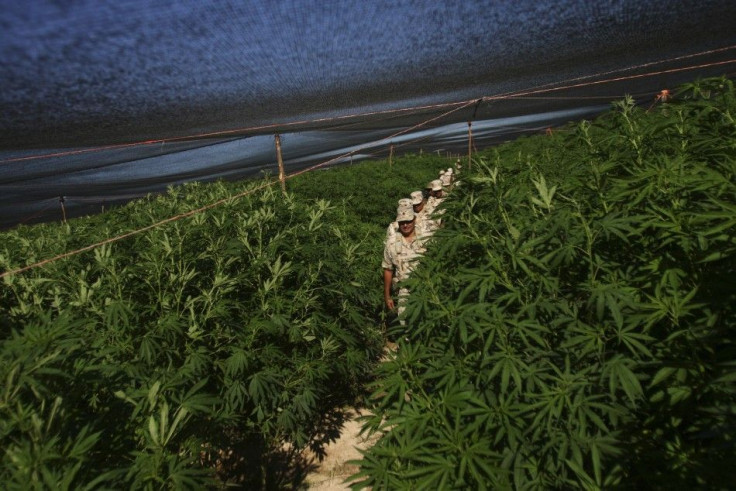Ron Paul for Medical Marijuana Legalization: Five Highlights of 2011

Ron Paul, a presidential candidate and a Republican Congressman, along with Barney Frank, former chairman of the House Financial Services Committee, has already called for an act to legalize medical marijuana in the United States. He claims the substance can help cure or, at the least, offer painkilling options for patients suffering from diseases.
There were several highs and lows, in legal matters surrounding the use and possession of the substance, all through last year. Here are the top 5 highlights...
5. Connecticut and Arkansas Lower Fines for Cannabis Possession: Gov. Dan Malloy, on June 30, signed a legislation decriminalizing marijuana in Connecticut and making the possession of under a half-ounce punishable only by a fine of $150. Meanwhile, in Arkansas, Gov. Mike Beebe signed a legislation that would relax the penalty for possessing up to four ounces of marijuana (previously punishable by up to a year in jail, along with a $1,000 fine). Judges will now punish first-time offenders with a year's probation.
4. Bill Introduced in Congress: Congressmen Ron Paul and Barney Frank introduced a bill that would let states decide their own marijuana policies without federal intrusion; this was not just about medical marijuana policies. The Marijuana Policy Project (MPP) - a cannabis advocacy organization in the United States - has lobbied Congress for five years to initiate this legislation, which MPP helped to draft. At least 21 House members are sponsoring this legislation, as of today.
3. Medical Marijuana Laws Implemented and Expanded by New Mexico, New Jersey, Maine and D.C. : Maine's Health Department issued eight dispensary licenses in 2010, going by a ballot initiative that was approved of by 59 percent of Maine voters in November 2009. All but one of the dispensaries has opened. Meanwhile, in New Jersey, Gov. Chris Christie held a news conference on July 19, where he said he didn't believe New Jersey dispensaries would be targeted under federal law, and, as a result, six dispensaries will open in the state. In New Mexico, the number of dispensaries increased from 17 to 25. The D.C. government, on its part, launched an application process that will result in 10 growers and five dispensaries being licensed in the nation's capital by April.
2. World leaders and Their Views: The Global Commission on Drug Policy, on June 2, announced its support for the drug. This was also seen as a way of rejecting former U.S. President, Richard Nixon, and his launch of the modern drug war some 40 years ago. Eminent personalities such as former United Nations General Secretary and British businessman Richard Branson endorsed the decriminalization of marijuana. This generated huge waves of positive media coverage in the U.S. and across the world.
1. Congress Turns against Anti-Drug Campaign: The Congress and former U.S. President Bill Clinton, in 1998, passed a law creating the National Youth Anti-Drug Media Campaign, which received an average of $186 million out of taxpayer money, annually, over its first five years. The pro-use organization, MPP, has been lobbying Congress this past decade, to eliminate the program. In 2012, the program received only $35 million in funds. On Dec. 23, Congress and President Obama eliminated funding for the ads in 2012.
(Information from The Huffington Post)
© Copyright IBTimes 2024. All rights reserved.





















